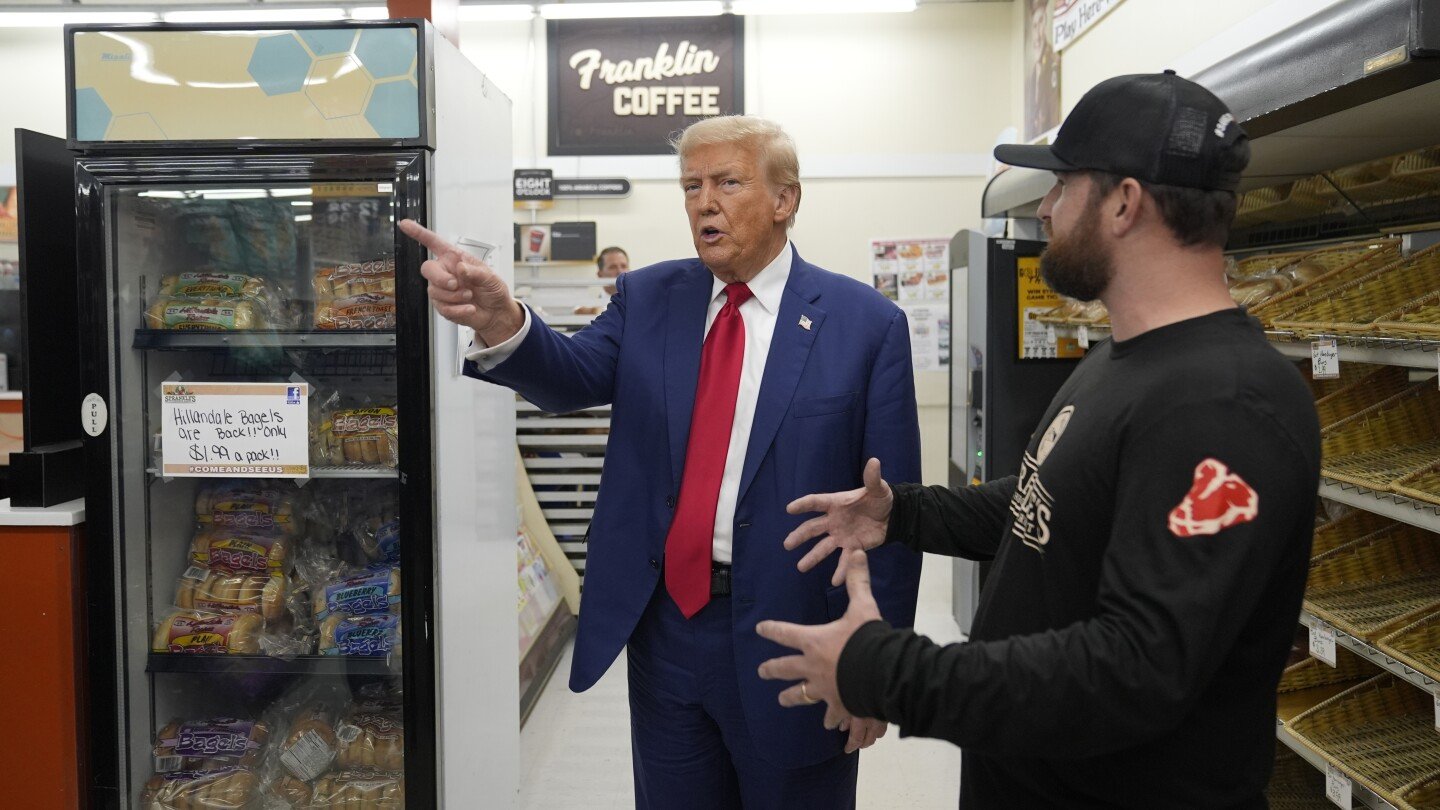- cross-posted to:
- politics@lemmy.world
- cross-posted to:
- politics@lemmy.world
Summary
Americans, frustrated by high grocery prices, are looking to President-elect Trump for relief. Trump has pledged to lower food costs through tariffs on imports and by reducing energy prices, arguing that these measures would benefit U.S. farmers and consumers.
However, experts warn that tariffs could drive up prices by increasing costs for imported goods essential to food production and risk retaliatory tariffs on U.S. exports.
Economists also doubt Trump’s short-term impact on energy costs, noting that sustained grocery price drops are challenging without major economic shifts.



Yes, you are correct but I disagree on few technicalities that make a difference.
products do have substitutes, but you are talking comming down from a global market. Calories are there, but we don’t eat based on calories. You can’t substitute soybeans for tomatoes, potatoes for corn, or many others i don’t have examples for.
when the US starts putting in tarrifs for import, other nation states will likely do the same. Your exports of unwanted goods will no longer be competitive in the global market, leading to an excess of unwanted, cheap food and shortage of wanted, expensive food.
You should look up the last time the US employed massive tariffs in a trade war. Spoilers, it was just before the Great depression.